SHYAM SINGHA ROY
SHYAM SINGHA ROY : MOVIE REVIEW
4 STARS OUT OF 5 ( EXCELLENT )
DIRECTOR : RAHUL SANKRITYAN
WRITER : JANGA SATYADEV
CAST : NANI, SAI PALLAVI, KRITHI SHETTY
TELUGU ( ENGLISH SUBTITLES ) , 2021
SHYAM SINGHA ROY ROARS AND SOARS
One thought one would scoff, but remained to praise…. Shyam Singha Roy is a unique beast amongst the febrile fauna of Indian commercial cinema. This is the Telugu avatar of modern cinematic Opera. The story may not spill over with intricacy and subtlety, but the key sequences are launched with such soprano intensity that the glass ceiling is shattered. The story of a rising film director who is then embroiled in a controversy that makes past and present lives incredulously collide, starts off on a light foot, before bringing the roof crashing down with a second half that just gets more and more powerful. On this count alone, it deserves to be celebrated in contradistinction to a good chunk of Indian cinema’s dreaded ‘second-half’ phenomenon. Commendable camerawork keeps falling shy of generating true grandeur but the music integration goes one up when director Rahu Sakrityan takes Mickey J. Meyer’s title song “Shyam Singha Roy”, snips off the useless bits, and deploys the best parts to generate the film’s most gloriously ebullient sequences.
Even a good director would not have made much of this script if it had lost its way in gratuitous directions. Writer Janga Satyadev maintains focus and comes up with a rather riveting reincarnation drama that that sports rip-roaring fights against injustice, shocking stabs of villainy and solid romance for the ages. The mainstream punches land without risible masala. In fact, mainstream or not, the film’s dedication to story without crass distractions is exemplary given the multiple stars involved.
Pic opens with breezy college-drama tenor as Vasu (Nani) aspires to be a film director. After much pataofying in true Indian film hero style that somehow escapes police arrest, court restraining order and complete rejection from the girl as it often does in real life, he manages to persuade Keerthy ( Krithi Shetty) to star in his short film. His talent and focus make him steadily win the confidence of producers and things seem to be going swimmingly well when a scandal engulfs Vasu. He can’t figure out the allegations levelled against him, nor can he make the sense of flashbacks from another life which make him unpredictably erupt like a champion fighter on one occasion, and uttering some other lady’s name ( with understandably stormy consequences) when his present lover nuzzles him. Soon, recondite techniques and court imbroglios ease us into the legend of ‘Shyam Singha Roy’ – an iconic beast who surfaces from the past.
I’ve often lamented about the overboiled background music in Indian films. Here, I am happy to report that the single greatest background mega-frisson I have heard in a decade of watching top films, comes on with bracing magnificence when the hero finally chances upon a symbolic printing press. That’s all the more reason to watch this in a full-bore theatre. Mickey J. Meyer makes handsome powerful use of his orchestral training at the Trinity College of Music to bolster key stretches of the film. He does not always know (or to convince director Sankrityan) how to use restraint – the scene where Vasu and Keerthi smooch each other’s skin off enroute to going the whole frenetic hog is scored with “music” that falls like a ton of bricks on one’s head, effectively killing the sensuousness of the scene. However, with his soaringly grand title song “Shyam Singha Roy”, he hits the sonic jackpot. Sophomoric stretches of the song thankfully disappear in the film and interspersed chants of it turbo-charge the sequence which charts Roy’s rise to power and fame. Brilliant inspiration leaps in with a Bengali rap segment that complements Roy’s use of literature to inform social reform. This is the film’s best part, and indeed, cinema at its energizing finest as it fuses audio and video dazzle.
Pic is also remarkable in the way it blends contemporary Telugu zeitgeist with a nod to Raja Ram Mohan Roy – the famous Bengali social reformer of the early 19th century. Telugu heroes need to have enough muscle power to put Superman to shame and hence RRMR is given a ferocious upgrade to SSR. The results do not diminish the clap-worthy fillip given to the fight against untouchability and casteism, and the decrying of surreptitious female sexual slavery. The violence sometimes hits shockingly barbaric levels – both retaliation and humanity know no limits here, and one’s acceptance of this depends on one’s degree of emotional investment in the film. Songs are few and far in between - a welcome ongoing trend that forces the nation’s film-makers to avoid using songs as a narrative crutch.
The dialogue’s finest moment comes when Rosie (Sai Pallavi) asks Roy on a moonlit boat ride what kind of a writer he is, and he replies with a string of poetic proclamations that convey his understanding of their realities. She has been coerced into becoming a ‘Devadasi’ (a servant of the Gods, who were erstwhile societal elite only to tumble in later centuries into temple prostitution). Roy, amongst other niceties, observes “spirituality has wounded you physically…”.
Nani fits the bill as the contemporary Vasu but as the yesteryear social fighter Shyam Singha Roy, he roars and soars, building a suitably legendary portrait as a classically handsome, storm-the-world-by-the collar reformer. Tiger-ferocious with the baddies (which here include most of the social strata given India’s glorious caste system) and gentle with his lady love, this lean muscular dude sporting a moustache with curved ends cuts a majestic figure as he reposes on an armchair. Krithy Shetty (all of age 18 right now) is consistently winsome and promises ripe potential as a frontline star. Sai Pallavi’s traditional dance here is not a patch on her terrific Prabhu Deva-coached break dance in ‘Rowdy Baby’, but true to her talent as a good actress, she returns a sensitive performance as a vulnerable young woman, although more demanding direction could have extracted a truly layered act from her.
Director Rahul Sankrityan delivers a powerful mainstream film that fires on all fronts – social reform, action and romance. Eponymous chants have never powered a film as deliriously well as in this one. It is an unexpected animal, and whether or not you’ve read Gabriel Garcia Marquez’s magnificent ‘Love In The Time Of Cholera’, check out the daringly wonderful ending that Shyam Singha Roy goes out on.
UPN
UPNWORLD welcomes your comments.

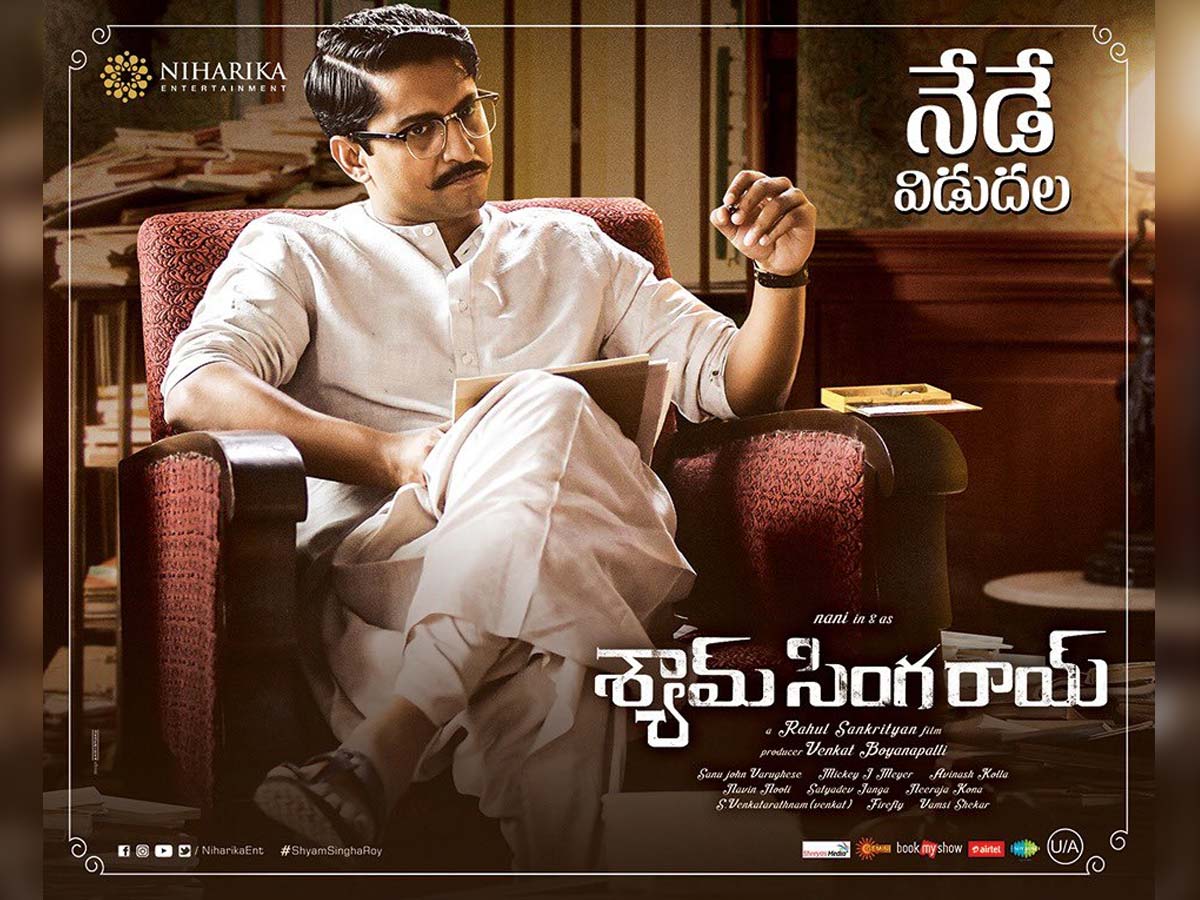
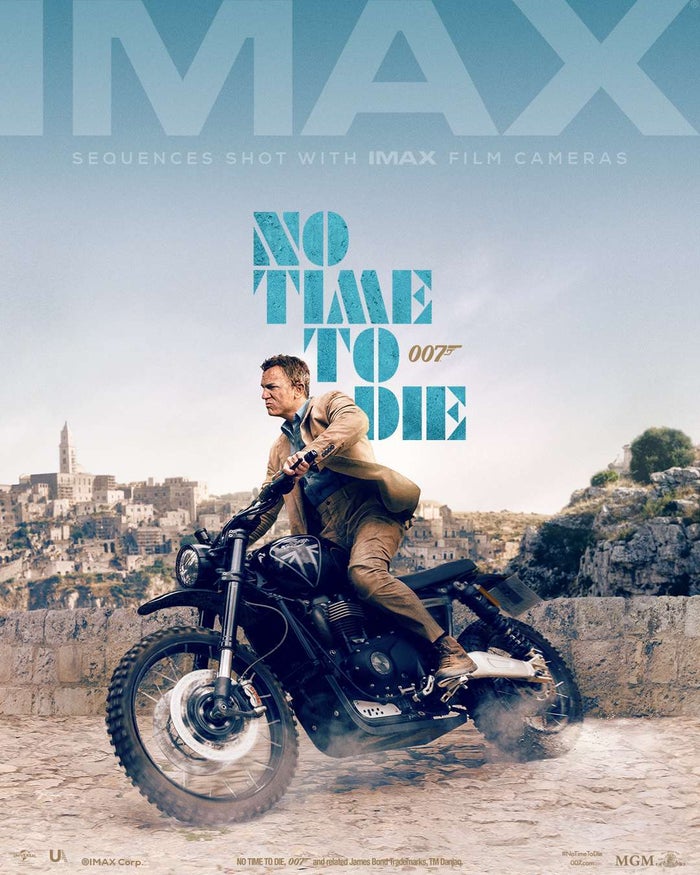
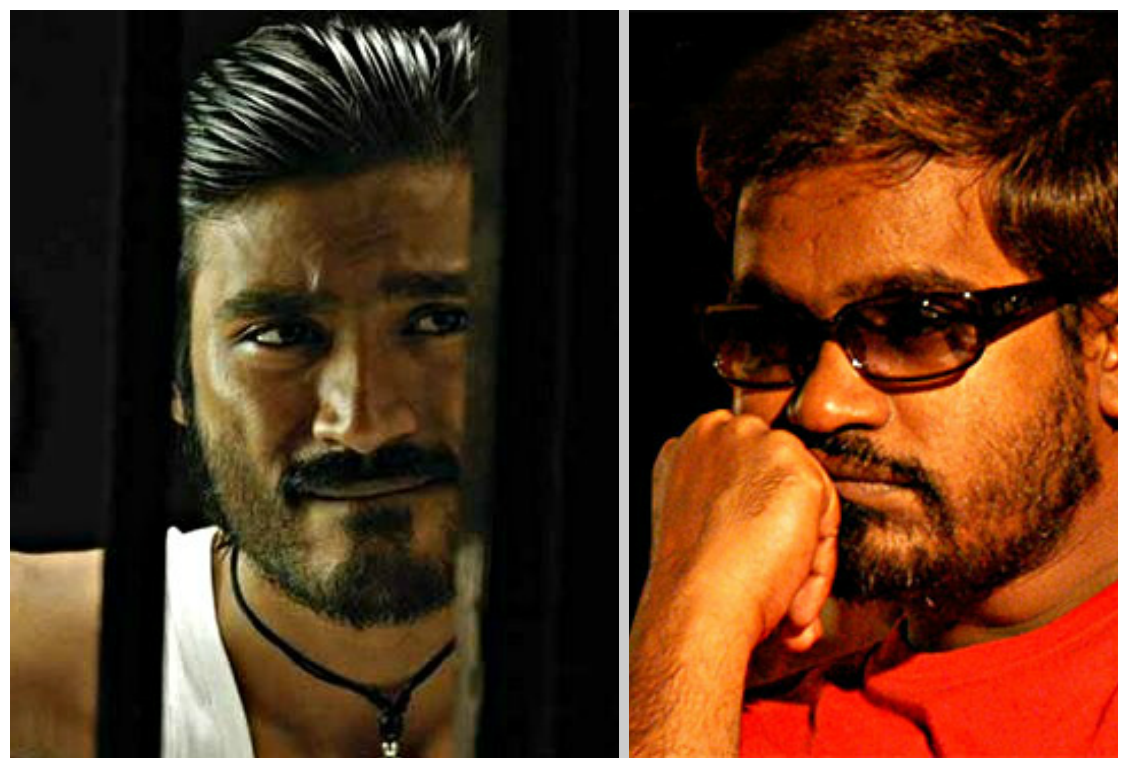
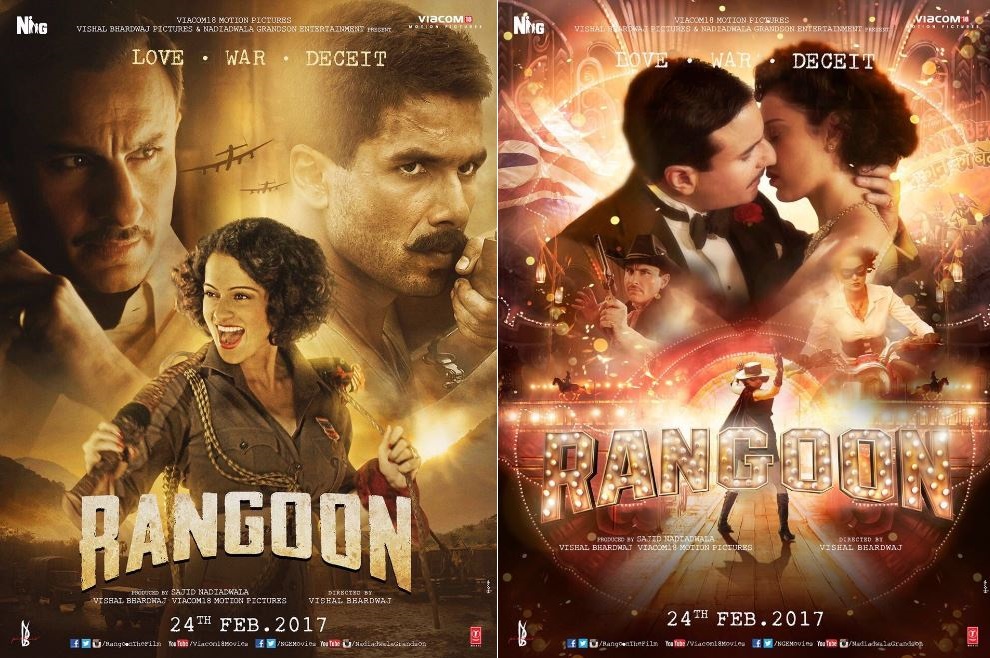
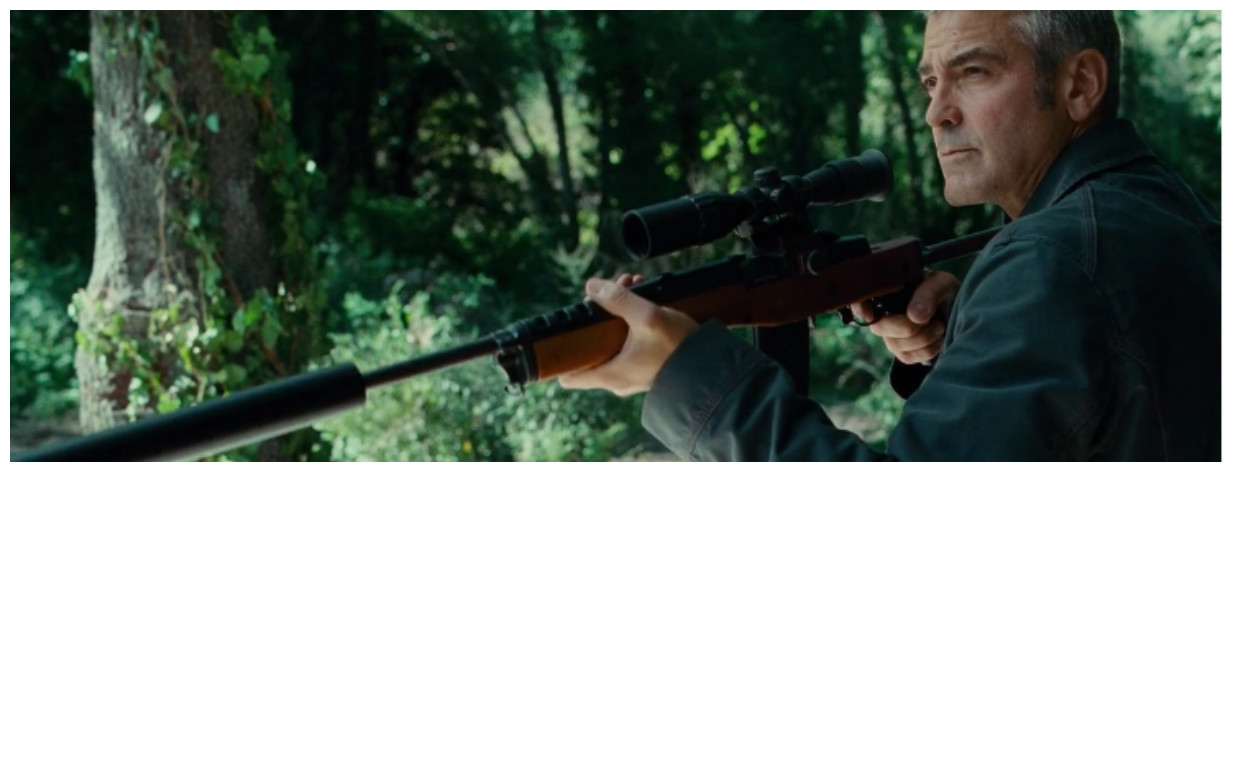




0 COMMENTS
WRITE COMMENT